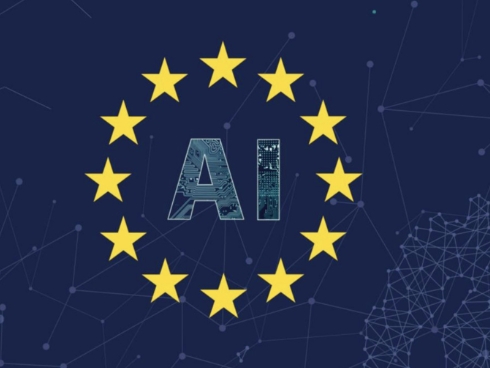Artificial intelligence (AI) is rapidly transforming various aspects of society, including policy-making within the European Union (EU).
Transforming Policy-Making Processes
AI is being used in the EU to streamline policy-making processes, by analyzing vast amounts of data and providing valuable insights to policymakers.
Enhancing Efficiency and Accuracy
AI technologies like machine learning and natural language processing are helping EU policymakers to make more informed decisions, leading to greater efficiency and accuracy in policy formulation.
Improving Public Services
AI is also being used to improve public services in the EU, by automating tasks, reducing administrative burdens, and enhancing the overall quality of service delivery.
Addressing Challenges
AI can help the EU address various challenges, such as climate change, healthcare, and cybersecurity, by providing innovative solutions and enhancing decision-making processes.
Ensuring Ethical Use
As AI technologies become increasingly integral to policy-making in the EU, it is crucial to ensure that they are used ethically and responsibly, with proper safeguards in place to protect individuals’ rights and privacy.
Collaborative Efforts
The EU is actively collaborating with member states, industry stakeholders, and research institutions to develop AI policies that promote innovation, ensure transparency, and uphold ethical standards.
Looking Ahead
As AI continues to play a significant role in shaping EU policy, it is important for policymakers to stay informed about the latest developments and trends in artificial intelligence, in order to leverage its potential for the benefit of European citizens.
In conclusion, AI is significantly impacting policy-making in the EU, offering valuable opportunities for innovation, efficiency, and improved public services. By embracing AI technologies responsibly, the EU can harness their potential to drive positive change and enhance the well-being of its citizens.

